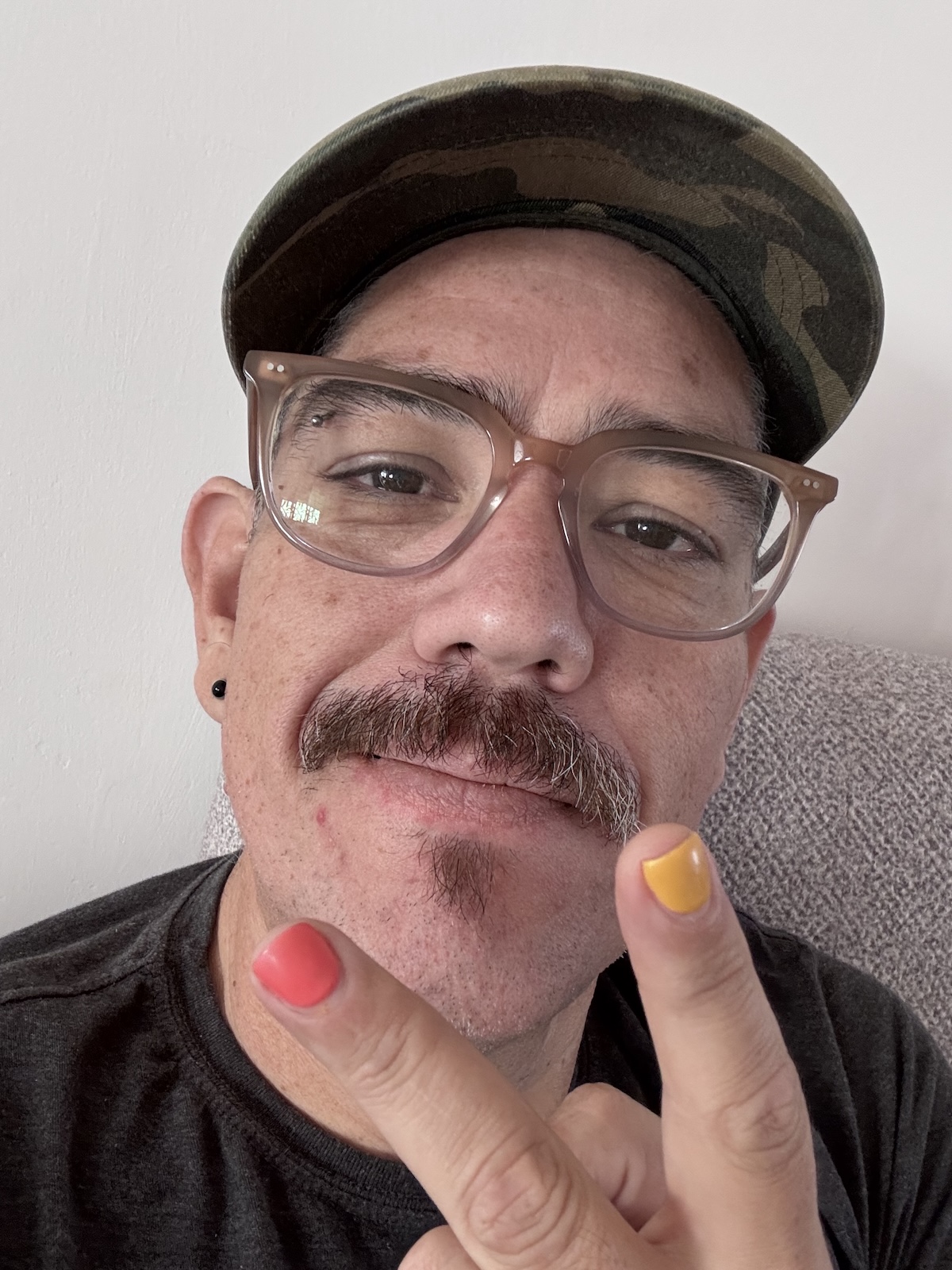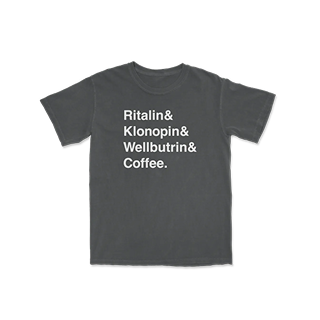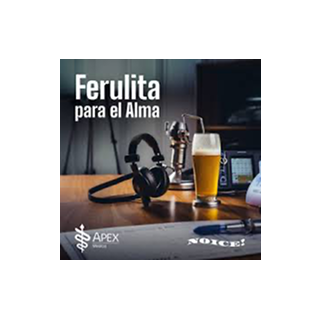I just realized it's been 5 years since the COVID-19 lockdown. All events from that time on are tangled up in my memory as a drawer full of old wires.
After years dealing very consciously with depression, things get weird. You start feeling it coming, but a part of you is aware of what's happening and how you're feeling and why, and even though that doesn't stop the depression from creeping in, understanding it makes it much easier to bear.
Also, during those episodes, while feeling it, it is useful to separate the blob into individual emotions, feelings and causes, and making decisions based on those causes and the intensity and disconfort of the symptoms.
AMOR FATI
After weeks of reading, listening and watching stuff about vibe coding, I got my hands dirty today (as dirty as they can get by typing prompts), and folks... THIS IS A MA ZING.
I asked ChatGPT to rewrite the previous post (Feeling the feels…) keeping my style but optimizing it for engagement, and wow. That would've helped me A LOT in my time in the marketing team at Nearsoft. Here's the original and here's the ChatGPT one.
Feeling the feels (and not running away)
Apr 24, 2025
I’ve been thinking a lot about emotional management, particularly after a challenging year of depression and anxiety. I’ve lived with both for most of my life, but it wasn’t until recently that I was formally diagnosed. About a year ago, I hit rock bottom. Since then, it’s been a slow but steady climb, thanks to therapy, medication, and a lot of introspective work.
One of the main things I’ve learned over the past few months is how to accept, feel, and process my emotions when I’m feeling down, instead of running away from them or distracting myself from the discomfort.
My first instinct is, obviously, to look for immediate relief. This often comes from easy distractions: social media, TV, drinking, sex. But being mindful of my thoughts and sensations has proven to be far more helpful. As soon as I accept that I’m uncomfortable and that those sensations won’t magically disappear, I start to feel calmer. I take inventory of what I’m feeling and consider the possible causes.
Don’t get me wrong: the uneasiness doesn’t just vanish. But taking the wheel and aknowledging the feelings and sensation makes a world of difference. Now I’m in control, and I usually have several ways to steer things in a better direction. It’s like taking a mess of irrational, jumbled thoughts and emotions, putting them in order, and turning them into something rational and manageable.
That alone, given how my mind works, brings me a sense of peace. There’s also a quiet sense of accomplishment in not escaping those feelings through artificial means.
This approach, at least for me, resonates deeply with the concept of delayed gratification. It also reminds me of the recent emphasis on the value of boredom. Boredom makes space for self-reflection, and in this age, with smartphones, computers and screens filling every single moment with work, entertainment, or distraction, that space is hard to come by. But it’s essential if we want to get better and grow.
Yesterday I launched the website for one of my podcasts, Ferulita para el Alma (in Spanish). During the long weekend here in Mexico I hacked a bunch of stuff together to build the site automatically from the podcast RSS feed, and it worked!
11ty is awesome, and the nerd community sharing their how-tos more so ♥️.
I'm not subtle enough to enjoy smoking cigars in the same way that I'm not subtle enough to enjoy classical music. Give me punk rock and a throat hit.
I’ve come to the realization that I don’t like to be drunk anymore. I dont know what changed, but the slightest loss of control gets me really uncomfortable.



